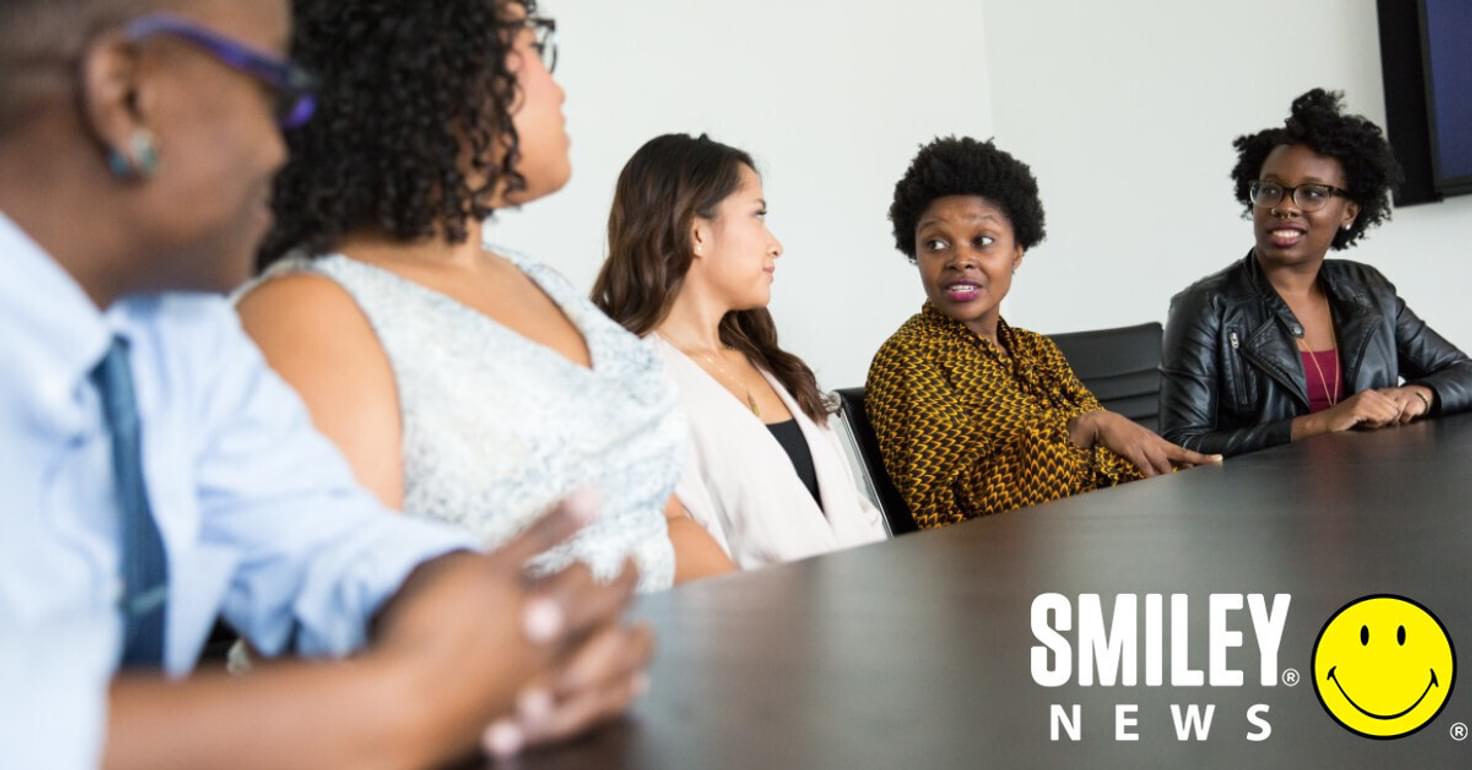
Words by Smiley Team
When Covid-19 hit and Black, Asian and minority ethnic (BAME) communities were disproportionately affected, the inequalities facing these groups only worsened. In such times, companies have a greater responsibility than ever to ensure their workplaces welcome all - an understanding shown by Netflix with the release of their most recent inclusivity report.
Since 2013, the production company has published diversity data quarterly on their jobs site, offering a snapshot of representation within the company and their plans to improve it.
Co-CEO and chief content officer Ted Sarandos said: “Inclusion on screen starts with inclusion in our internal community.”
The most recent report shows impressive development; women make up nearly half of the workforce, including at the leadership level, and the number of Black employees in their US workplaces doubled over the last three years.
Nearly half of their US staff and leadership consist of people from underrepresented backgrounds, including Black, Latinx or Hispanic, Indigenous, Middle Eastern, Asian, and Pacific Islander people.
Flexing their film-making muscles, Netflix released the report with a video featuring their vice president of inclusion strategy, Vernā Myers, who said: “We’ve made good progress over the last three years. But let’s be clear, we’re not where we want to be and we need to do better.”
Alongside Myers, the Netlix staff members leading this drive for equality include head of inclusion recruiting programs Kabi Gishuru, and head of inclusion for the product and technology teams Wade Davis.
Other workplaces can emulate Netflix by setting up inclusivity training sessions, tackling biases in the recruitment process, offering educational opportunities for disadvantaged groups, sharing their inclusivity levels and much more.
Myers said: “All this work is necessary if we want to inspire cultural change in our industries, in the perspectives being heard. The neutral period is over, we need the courageous period. This work is not about perfection - it’s about humility, vulnerability and unlearning as much as it is learning. If we keep trying to get this right, a new season of equality will bloom.”